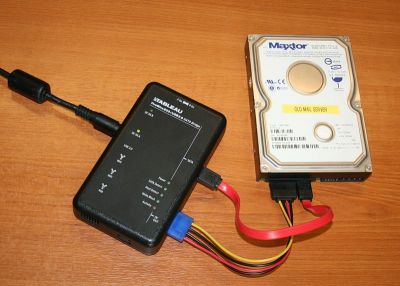
Online identification and authentication keeps transactions secure on the Internet, however this has also implications for your privacy. Disclosing more personal information than needed online when, say, you log in to your bank website may simplify the bank’s security at the cost of your privacy. Now, thanks to research by the EU-funded project Attribute-based Credentials for Trust ABC4Trust , there is a new approach that keeps systems secure and protects your identity.
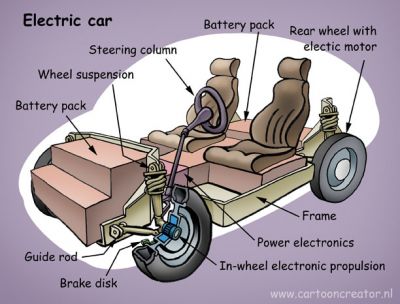
For decades, futurists have been predicting that the use of electric vehicles (EVs) will overtake conventional vehicles, providing clean, green and cheap transport for all. Although increasing numbers of electric vehicles are being sold in Europe, the internal combustion engine still remains king of the road. EU-funded researchers are trying to change that, developing technology that promises to significantly improve the range and efficiency of EVs without compromising comfort or safety.
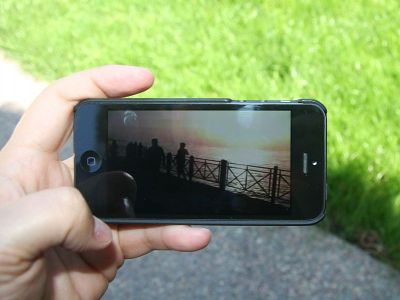
Ever been to a rock concert and wished you could experience it again, just as it was… or better? This may be possible soon thanks to an EU-funded research project, SCENENET , which is developing the technology to combine mobile feeds from different spectators around the arena to reconstruct the event in 3D.
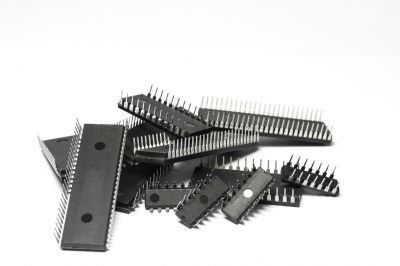
Moore's Law - which holds that the number of transistors on an integrated circuit, and hence its processing power, doubles every 18 months - has been the guiding principal of chip design for almost half a century. But with physical limitations to further transistor scaling being reached, Moore's Law may have met its match. We are entering a 'More than Moore' world in which EU-funded researchers are playing an important role.

Book a flight online, perform an internet banking transaction or make an appointment with your doctor and, in the not-too-distant future, the 'Internet of Services' (IoS) will come into play. A paradigm shift in the way ICT systems and applications are designed, implemented, deployed and consumed, IoS promises many opportunities but also throws up big challenges - not least ensuring security and privacy, issues currently being tackled by EU-funded researchers.

'Smart Grids' are the future of electricity supply, allowing consumers to become interactive participants in a supply network that includes decentralised as well as centralised power generation. 'Information and communication technologies' (ICT) will help consumers manage and minimise their energy consumption - and allow electricity suppliers to match supply with demand. An EU-funded project has developed ways to collect and analyse the real-time information on energy consumption and generation which will be needed.
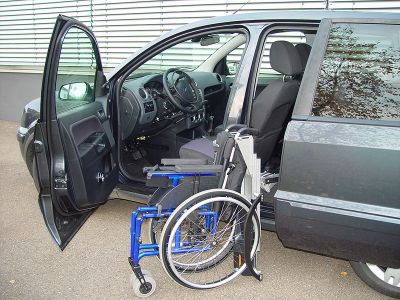
'Assistive technologies' (AT) have developed rapidly in recent years, allowing people with motor disabilities to live more independent and comfortable lives. Now assistive technology systems that can open a door, turn on a light or connect to the internet at the blink of an eye, a head movement or even a thought, are being made more flexible and customisable for individual users - thanks to the work of EU-funded researchers.
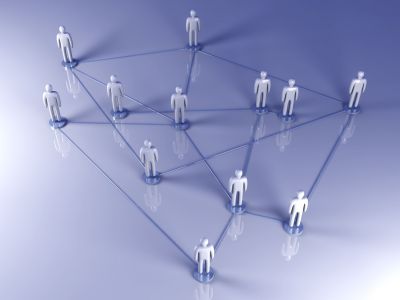
A liberal interpretation of the term 'information and communication technologies' (ICT) could easily connect some of the earliest examples to Portugal. How? Thanks to Portuguese technological advances in mapping and navigation, its seafarers were able to discover and later communicate (by sea) with the new network of colonies. Today, Portuguese researchers remain at the forefront of modern networking technology and a good many other ground-breaking fields, from robotics to radio and wireless developments.







